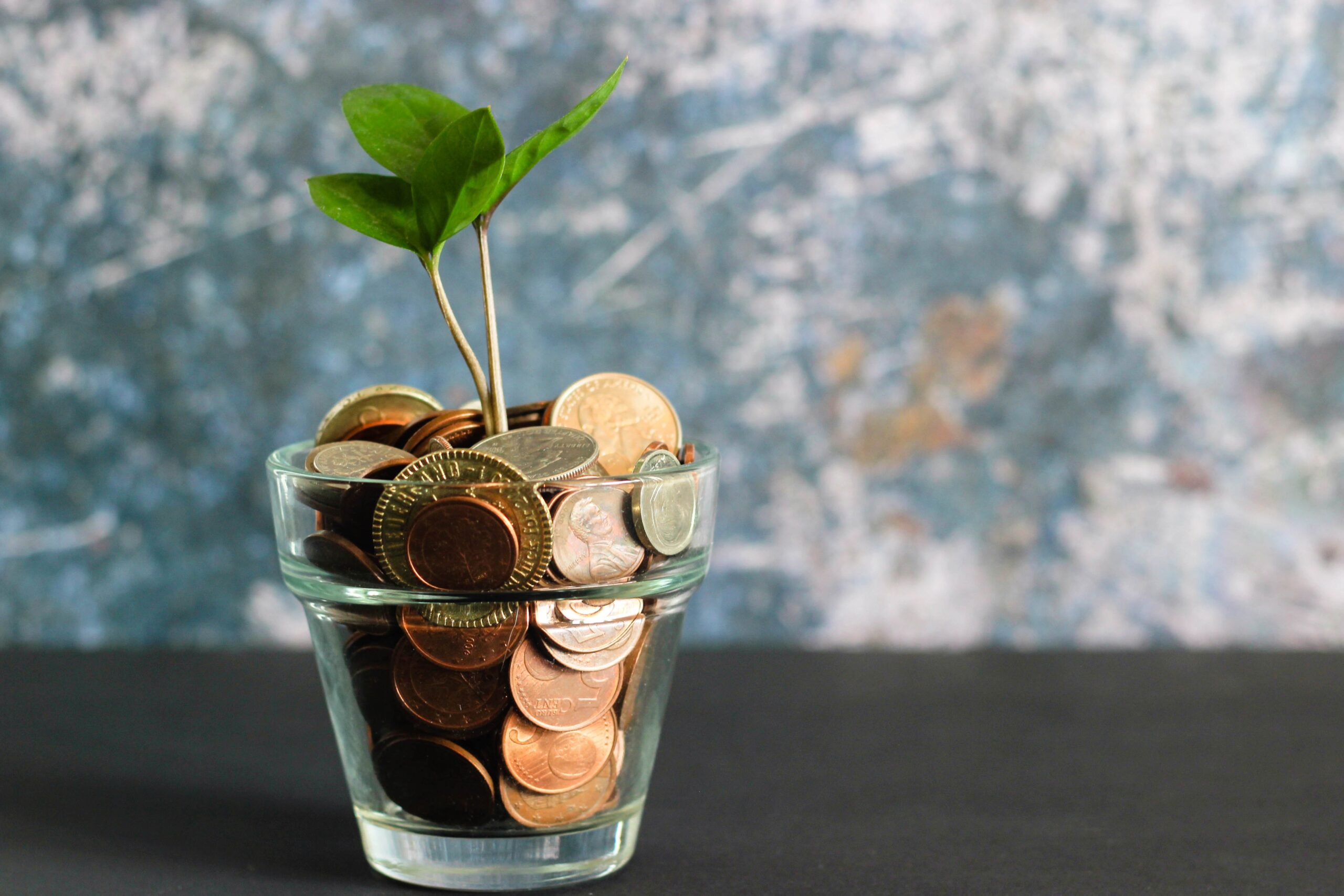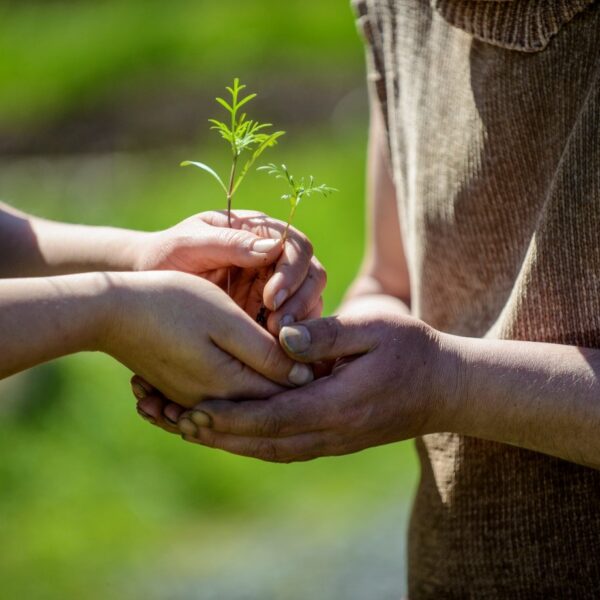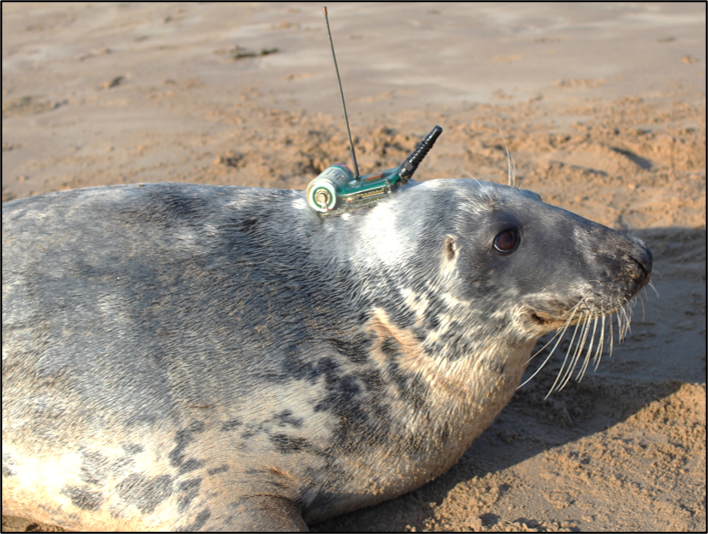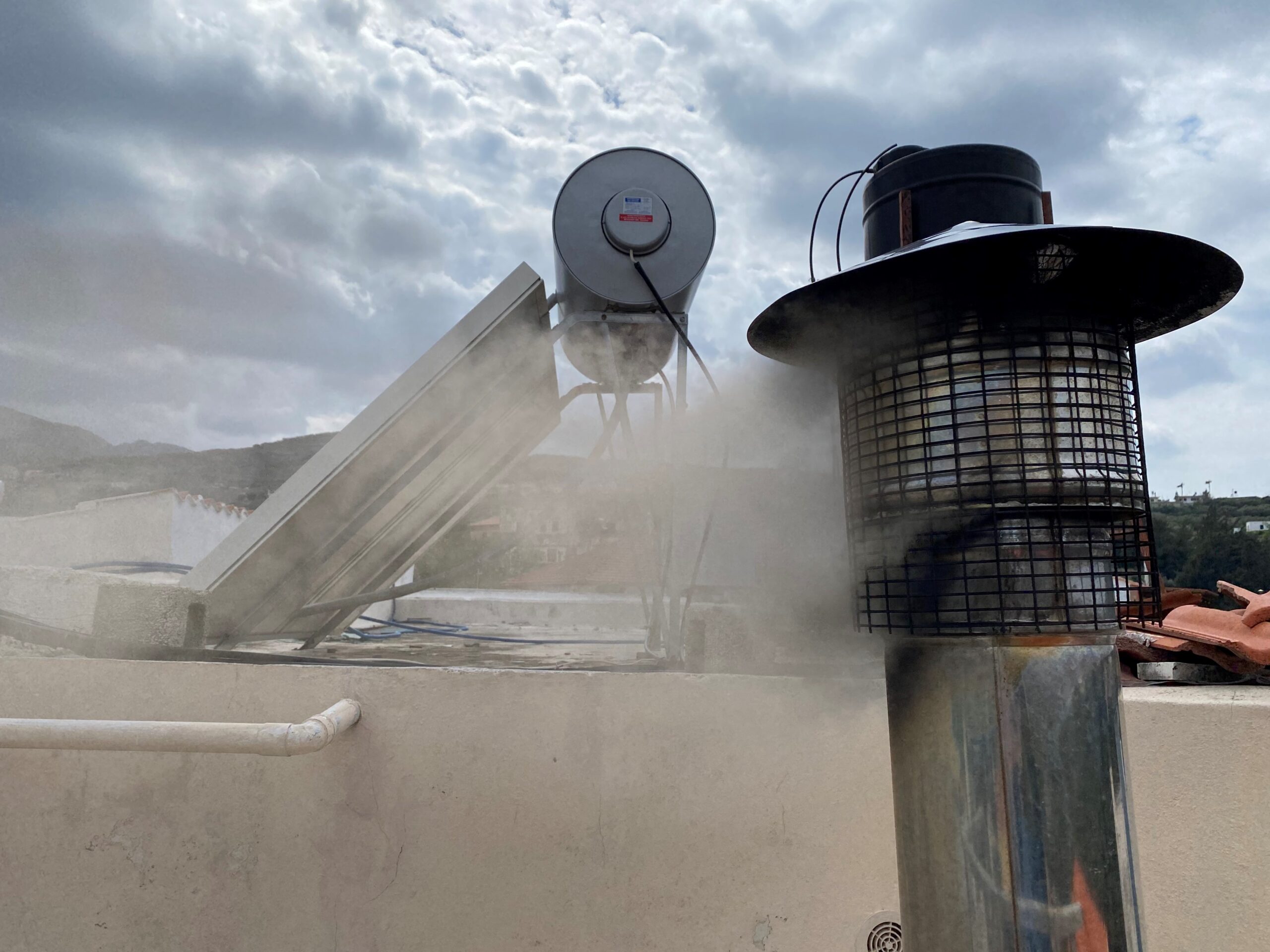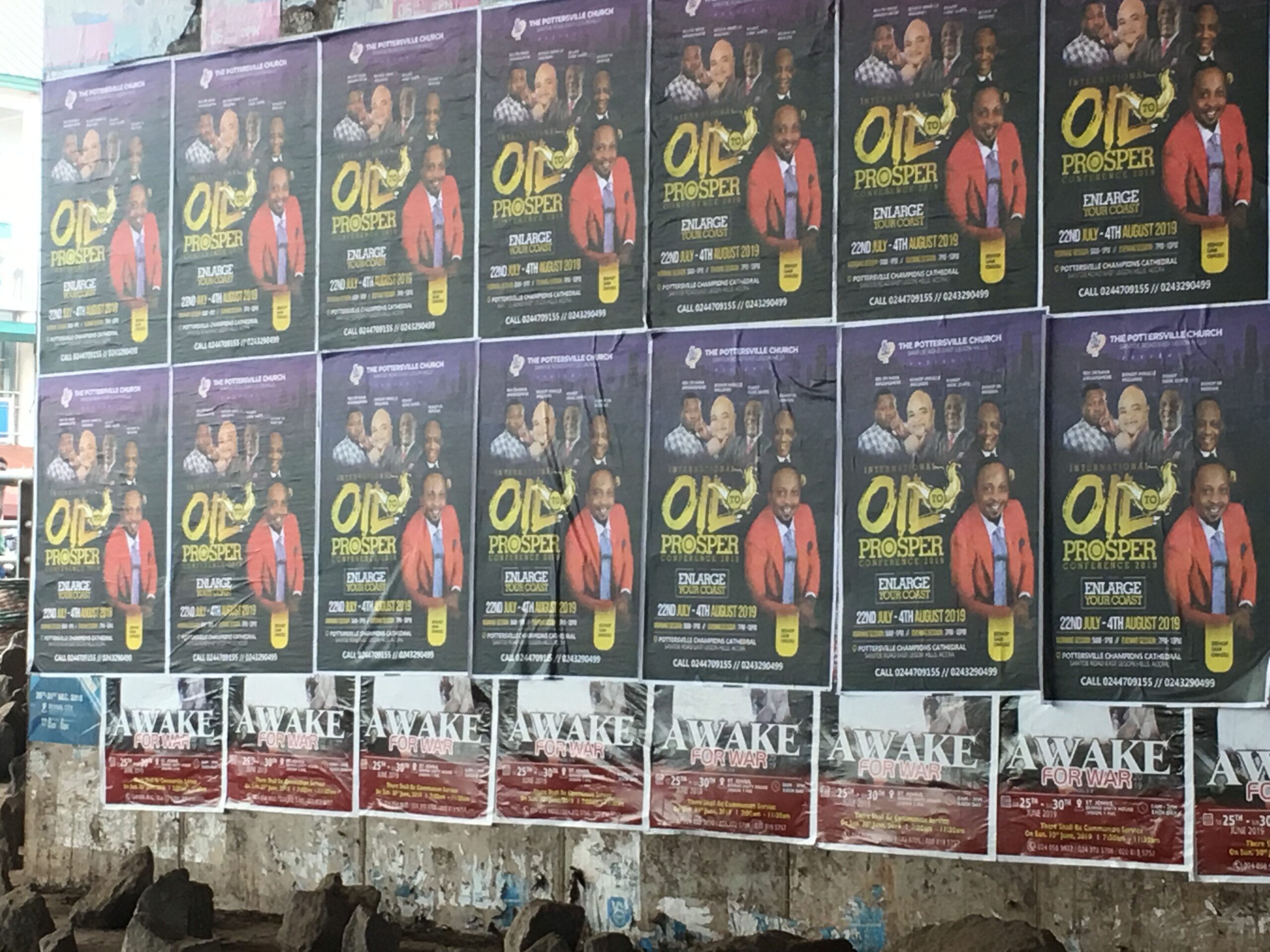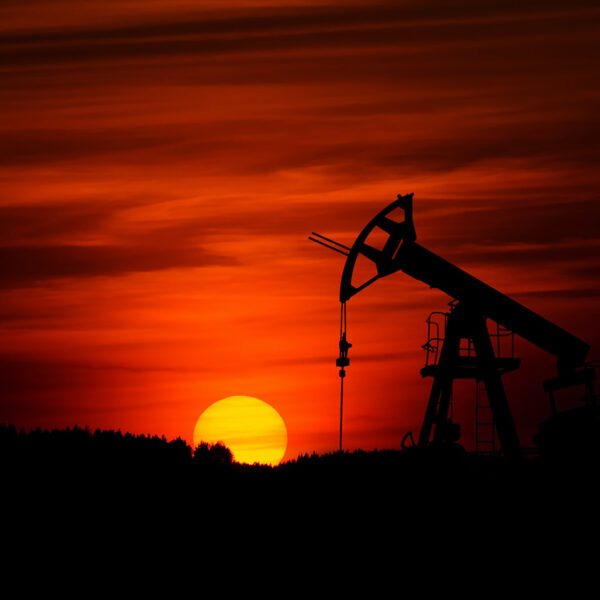



Research Projects
Action research sheds light on Extinction Rebellion
Western relationships with the natural world have brought the global climate to crisis point. But are the ways people relate to the planet changing?
Hannah Fitchett, a PhD researcher at the Centre for Energy Ethics, is looking at perceptions of humanity’s relationship to nature among members of Extinction Rebellion (XR), a global movement which takes direct action against the climate threat.
Banking and finance look beyond the hydrocarbon era
The fossil fuel industry depends on global finance to sustain its activity. Bert Scholtens, a professor at Groningen University affiliated to the Centre for Energy Ethics, is looking at the change that a transition to zero carbon will mean for banking and investment. He says that it will be “unprecedented in scale and depth.”
Eco Worrier, Eco Warrior: Exploring Eco-Anxiety and Climate Activism in Britain
Eco-anxiety is an area of increasing interest and a significant issue of our times, but we know very little about the lived experiences of people actually dealing with it. This research project aims to find out how anxiety, distress and grief about the environment affects daily life for individuals across generations and families.
Green power for intelligent buildings
A few decades from now, there could be 50 billion intelligent devices in buildings that are greener and smarter than the ones we know today. And each of those devices will have a sensor to tell it about its environment. Materials physicist Lethy Krishnan Jagadamma is leading the development of power sources for these myriad devices.
Helping sea mammals coexist with renewable energy
Seals and other marine mammals are abundant around the British coastline, but they face a new challenge. The winds, waves, and tides of UK waters are key to the UK’s low-carbon future. Researchers at St Andrews are finding out how marine mammals cope with the offshore equipment and activity involved in this new energy technology.
Making carbon dioxide an asset
Technology now being developed at St Andrews will turn carbon dioxide from the most dangerous greenhouse gas into an industrial resource. Xiangling Yue, a research fellow in the School of Chemistry, and a Centre for Energy Ethics affiliate, is working on devices that will turn it into anything from diesel fuel to plastics.
Norway: offshore skills switch to “clean oil” and renewables
The current transition to renewable energy calls for new skills and new attitudes. Anna Rauter, a PhD student in anthropology at the Centre for Energy Ethics, spent 18 months in Oslo looking at how leaders and technical experts in the Norwegian energy industry think about its present, and how they envision its future.
Oil’s role in Ghanaian prosperity
Ghana is one of several African nations that have recently made large oil and gas discoveries at a time when the future of the global oil industry is increasingly uncertain. Pauline Destree, a Centre for Energy Ethics Affiliate, looks at how oil fits into Ghana’s dreams of development and prosperity on a ‘Ghana Beyond Aid’ agenda. As a low-carbon emitter, Ghana hopes to benefit from its oil and provide a model for resource-led development across the continent.
The Ethics of Oil: Finance Moralities and Environmental Politics in the Global Oil Economy
Drawing on ethnographic fieldwork with oil companies in the US and Norway, renewable energy industries in Ghana and Norway, oil and gas financiers in the US, and environmental protesters in the UK, ENERGY ETHICS is developing a new framework for understanding the relationship between energy, money and climate change.
The hidden world of US oil finance
The world energy industry has been transformed by the growth of shale oil production in the US. Sean Field, a postdoctoral research fellow at the Centre for Energy Ethics, met the usually invisible financiers behind this industry, and found how they think about oil, money and the future of energy.
